24 December 2024
Video games are more than just pixels on a screen or lines of code stitched together to create shiny visuals. They’re journeys. They’re stories. They’re downright emotional rollercoasters, capable of evoking feelings most of us didn’t even know we had. Whether it’s the thrill of a daring sword fight or the melancholic stillness of a deserted world, single-player games excel at immersing us in ways that multiplayer experiences often cannot. But let’s chat about the unsung hero of this immersion: the soundtrack.
Think about it. Would "The Last of Us" have hit as deep without Gustavo Santaolalla’s tear-inducing guitar strums? Would "Skyrim" still chill you to the bone during a dragon encounter if not for its booming orchestral score? Nah, I don’t think so. Today, we’re going to dive headfirst into how soundtracks elevate the single-player game experience and why they’re so crucial to keeping us glued to these virtual worlds. Grab your headphones, because this is about to get symphonic.
The Emotional Backbone of Storytelling
Remember That One Scene?
Let’s break it down. Have you ever played a game where a certain moment just hits? Not because the graphics are mind-blowing or the dialogue is Oscar-worthy, but because the music swells at just the right time? That’s the magic of a well-crafted soundtrack. A single, haunting piano note or a sweeping violin can speak volumes where words fail. It’s like the background score is whispering in your ear, "This is the moment. Feel this."Take "Red Dead Redemption 2," for example. Think about when Arthur Morgan’s fate is sealed (you know the scene I’m talking about). The raw, aching melody of "Unshaken" underscores the heartbreak like nothing else could. Without it, would you feel that same lump in your throat? Probably not.
Amplifying The Feels
Music is like an emotional amplifier. It makes the sad moments more devastating, the happy moments more euphoric, and the intense moments downright nerve-wracking. Imagine playing "Hollow Knight" in complete silence during a boss fight. Sure, it’d still be challenging, but would it get your heart racing like Chris Larkin's intense, atmospheric scores? Nah, silence doesn’t quite cut it.Music and emotions go hand in hand, like peanut butter and jelly. Game developers know this, and they leverage soundtracks to tug at our heartstrings or pump adrenaline into our veins. It’s no accident that certain scores stay with us long after the credits roll.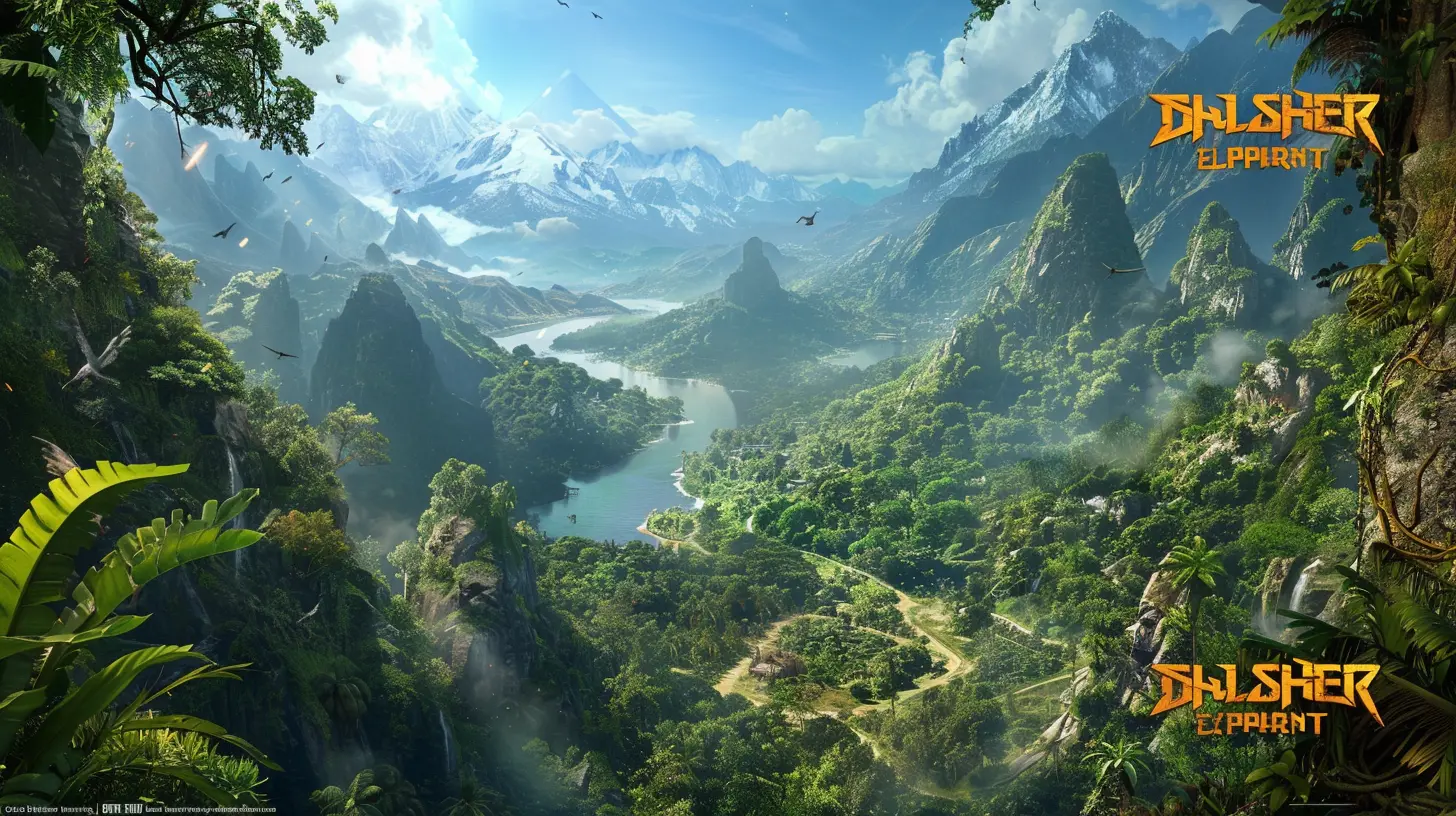
Enriching World-Building
Setting the Stage
A soundtrack isn’t just background noise—it’s a character in its own right. It doesn’t just sit passively while you play; it breathes life into the game world. Think about stepping into the neon-soaked streets of "Cyberpunk 2077." Without its pulsating synth tracks, you wouldn’t feel like you're smack dab in the middle of a dystopian future. The soundtrack builds the world just as much as the visuals or dialogue do.Or take a game like "The Witcher 3: Wild Hunt." The traditional Slavic-inspired music? That’s not just fancy filler; it tells you about the culture and history of Geralt’s world. You don’t just play the game—you live it.
Guiding Your Journey
Beyond setting the tone, soundtracks also guide players in subtle (and genius) ways. Ever notice how the music shifts when you’re approaching danger? Those ominous low strings creeping in aren’t just for theatrics—they’re a gentle nudge, telling you to stay on your toes. It’s like the game is saying, “Hey, you might wanna get your sword ready.” Without even realizing it, you’re responding to cues that the music provides.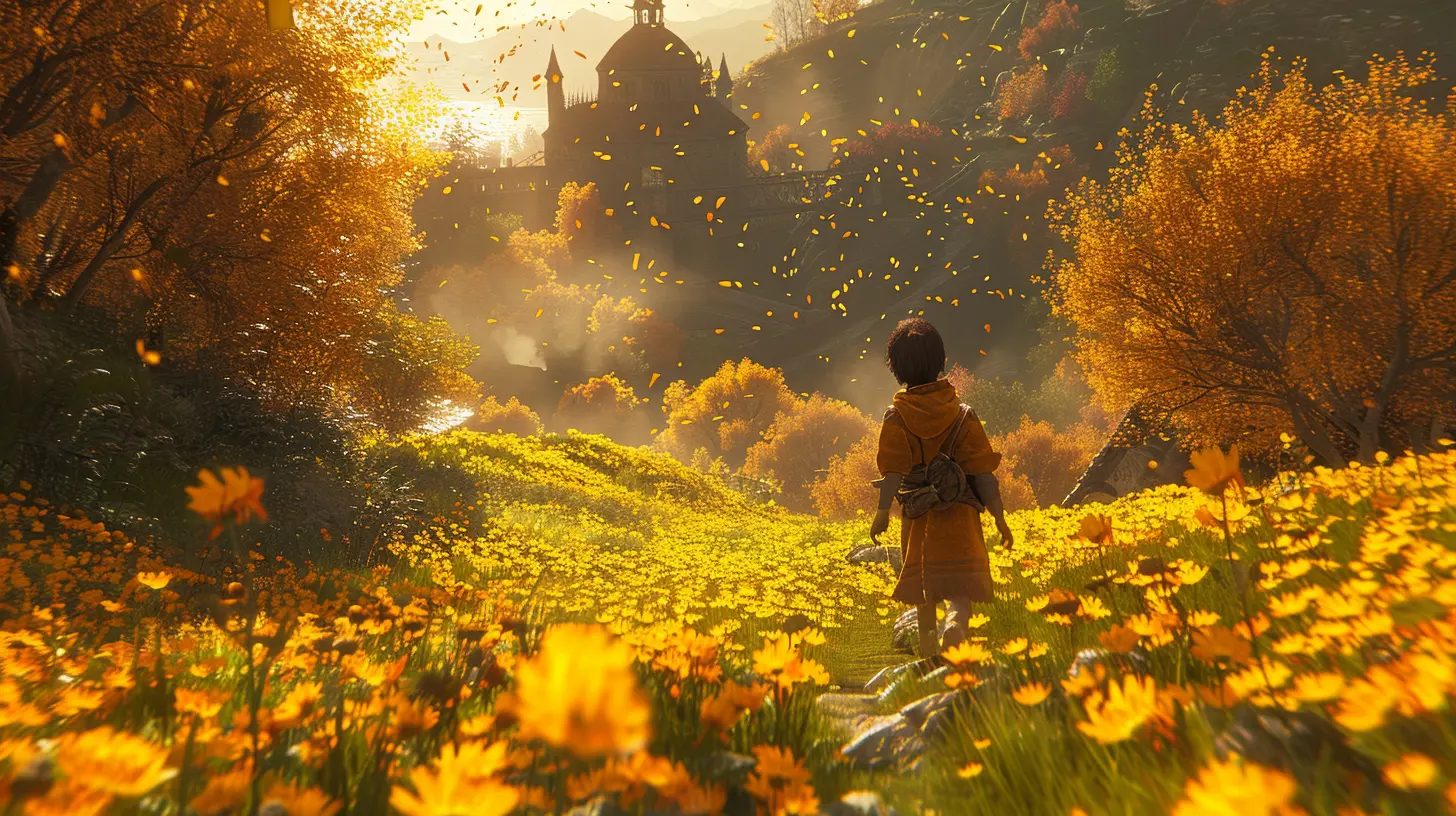
Creating Iconic Moments
A Symphony You’ll Never Forget
Some soundtracks are so ingrained in gaming culture that hearing just a snippet of the music can instantly teleport you back to the game. You can probably hum the theme of "Super Mario Bros." or "The Legend of Zelda" right now, can’t you? That’s the power of iconic music. It doesn’t just elevate the gameplay—it becomes a part of who we are as gamers.Even more modern titles like "Dark Souls" have managed to carve out their own symphonic identity. When you hear the choir in "Gwyn, Lord of Cinder," you know you’re about to face something monumental. The soundtrack defines not just the moment but the legacy of the entire game.
Replay Value Through Nostalgia
Here’s a fun thought: how often do you replay games because of how they felt? Soundtracks have this sneaky way of embedding themselves in our memories, creating a sense of nostalgia that can draw us back to a game years later. Hearing "Dearly Beloved" from "Kingdom Hearts" might make you want to dust off your console and relive the magic of unlocking doors with an oversized key. And really, isn’t that the dream? To create a soundtrack that’s not just heard but remembered?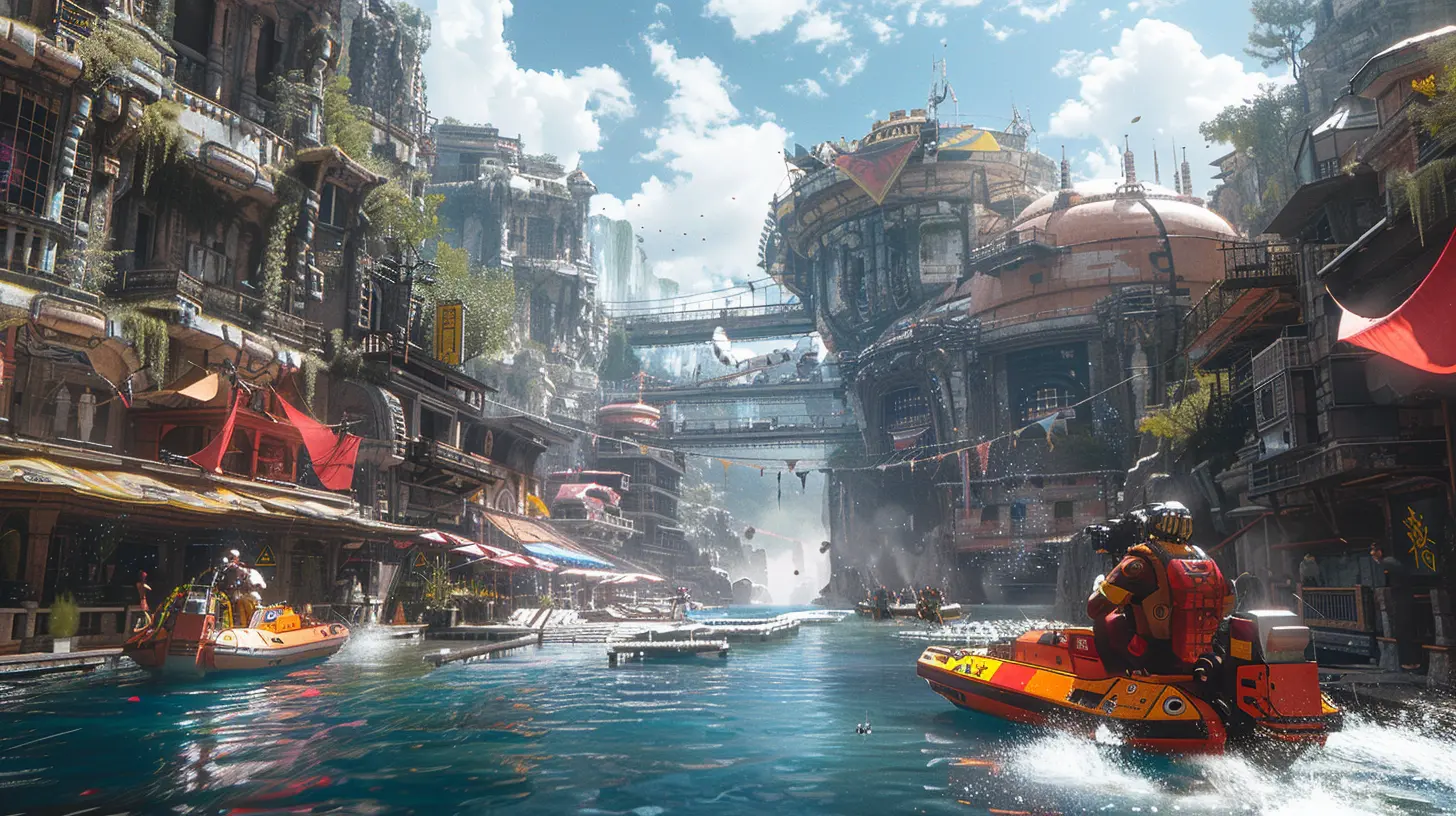
The Technical Wizardry Behind It All
Dynamic Music Systems
Let’s geek out for a second. One of the coolest things about modern gaming soundtracks is how they adapt in real-time. Ever noticed how the music in "Red Dead Redemption 2" shifts seamlessly as you transition from a peaceful ride to a gunfight? That’s thanks to dynamic music systems. Composers and sound engineers are basically wizards, crafting scores that react to how you’re playing. It’s like having a personal DJ that knows exactly when to crank up the tension or let you vibe in peace.Sound Design vs. Soundtrack
A quick side note: let’s not forget about sound design. While the soundtrack provides the emotional and atmospheric beats, sound design covers everything from the clinking of armor to the crackling of fire. Together, they create a rich audio tapestry that pulls you into the game. It’s teamwork at its finest.Soundtracks Aren’t Just Music—They’re Memories
At the end of the day, a game's soundtrack is so much more than a collection of songs. It’s a storyteller, a world-builder, and an emotional tour guide. It connects you to the game on a visceral level, turning pixels on a screen into something profoundly meaningful. Whether it’s the haunting strings in "Shadow of the Colossus" or the nostalgia-inducing chiptunes of retro classics, game music stays with us in a way few other art forms can.So, the next time you boot up a single-player masterpiece, take a moment to just listen. Let the music wash over you and become an integral part of your journey. Because, honestly, what’s a game without a killer soundtrack?

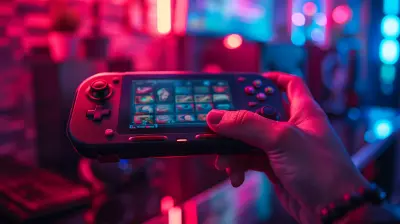
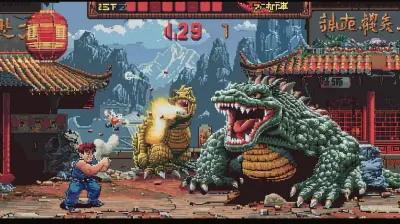
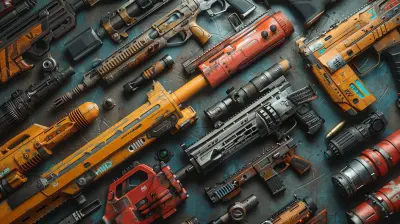

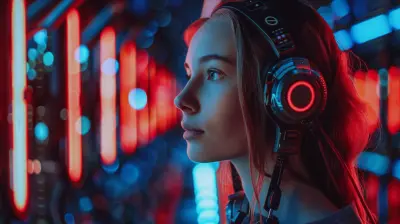

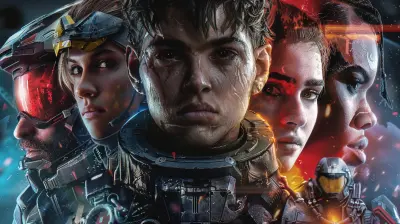
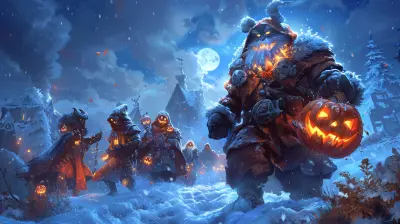
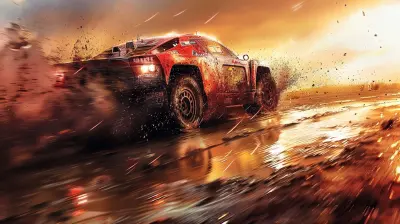
Zain McKinney
Great article! A game's soundtrack truly transforms the experience, enhancing emotions and immersion in ways that visuals alone can't achieve.
February 3, 2025 at 4:11 AM